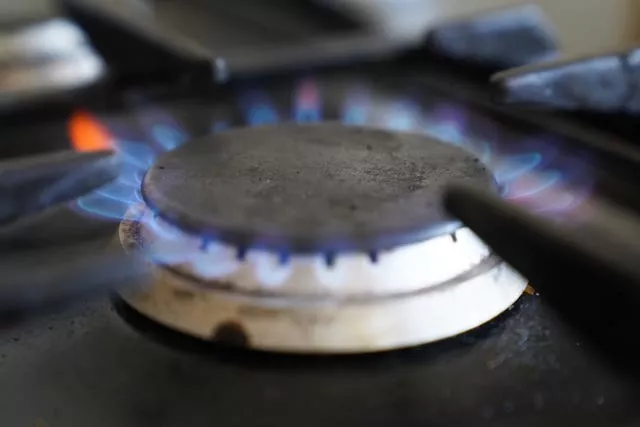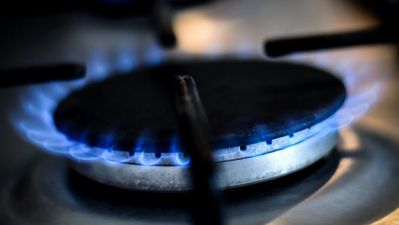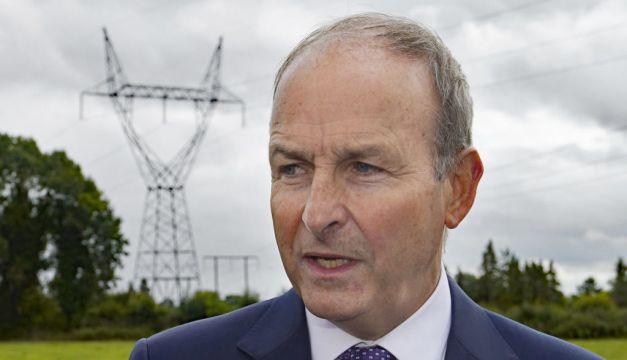The Taoiseach has said “everyone stands to lose” if Europe does not tackle the “exponential” rise in energy prices.
Micheál Martin said European countries need to adopt a Covid-style approach to address the energy crisis.
The Fianna Fáil leader added there is no “magical” answer to the problem.

Speaking in Prague, Mr Martin said: “Unity is again important, similar to what happened with Covid-19. The European Commission [and] the European Union came together and had a co-ordinated set of policies for public health and vaccination.
“Likewise in this crisis, efforts are continuing to be made to see if we can get a European-wide response to the energy crisis issue.
“It’s not simple. Different member states are coming to this from different positions.
“We all want to arrive at the same destination: to try and limit the exponential growth in prices but also making sure security of supply.”
Mr Martin was attending a summit of EU leaders in Prague on Friday.
Asked about the measures introduced by Germany, Mr Martin said there is a general view that there should be “more co-operative or collective approach and every member state including Germany were on for that”.
Germany unveiled an energy package worth €200 billion last week aimed at addressing rising energy costs, but it has been criticised by many other European leaders who have claimed it undermines unity.
“There is work under way and I think it’s where practical workable solutions have to be developed as opposed to a political wish-list,” Mr Martin said.
“Politicians may wish for a magical answer to this, there is none. It’s a wartime situation that has a negative impact on everything.

“But the capacity still exists for Europe to work in a co-ordinated united way. To deal with the price issue and its impact on economies and I believe something will be worked out but it might take a bit more time.”
He added: “Much of the discussion yesterday was around that collective idea that everybody stands to lose here.
“If we don’t start accelerating co-operation on energy through grid connections, through accelerating renewables and also then working on the market issues and on supply issues. So, I think it’s positive to see that and I think that will continue.”







